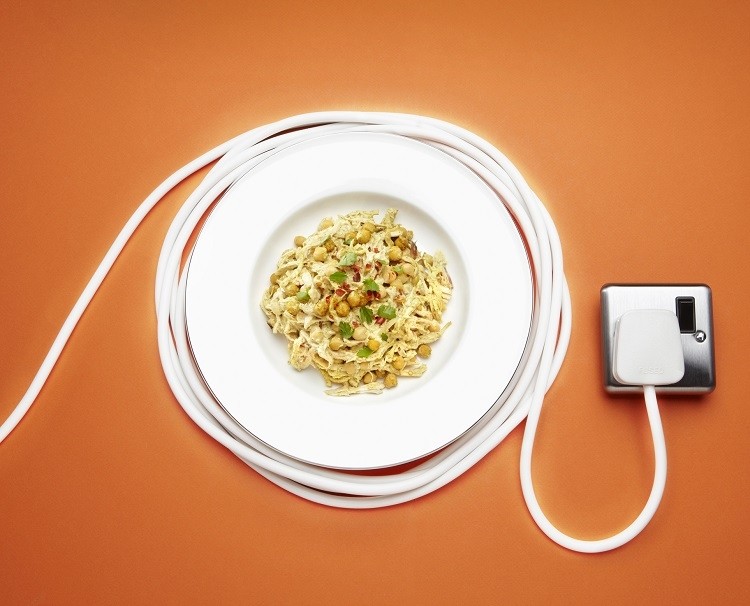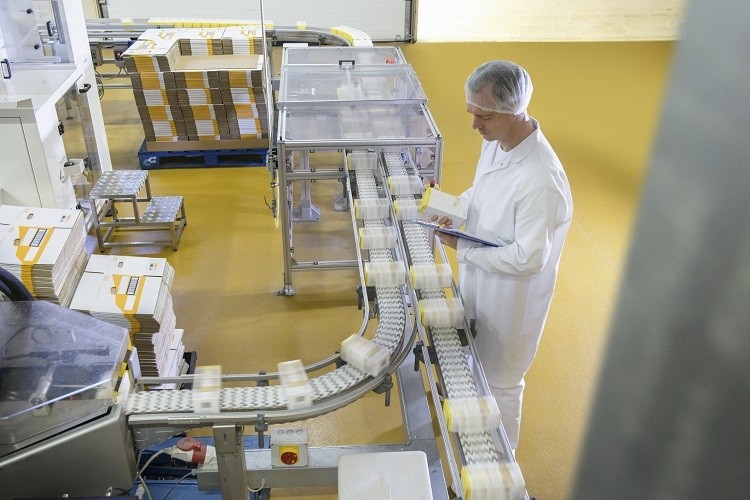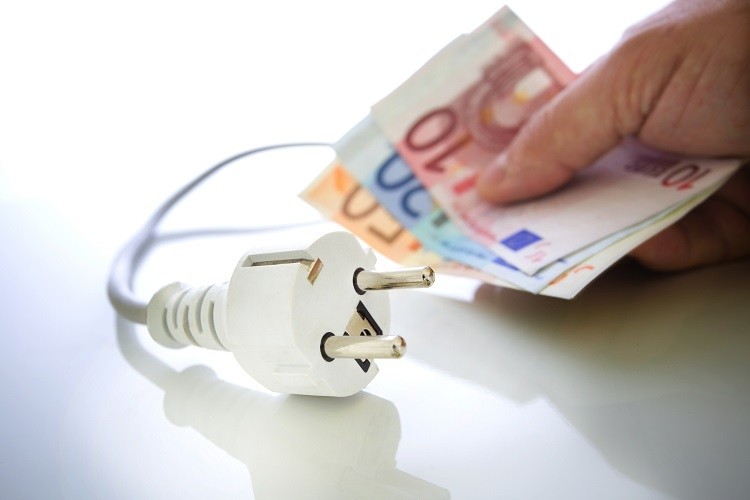How the ‘Shazam’ of energy management is empowering F&B: ‘It’s time to manage, not just consume energy’

Latest figures suggest food production contributes around 37% of global greenhouse gas (GHG) emissions. There is building external pressure on industry to reduce their energy consumption is building, all the while businesses work to manage rising energy demands and costs.
But according to entrepreneur Alon Mashkovich, a majority of companies receive their energy bill at the end of the month and pay it, without fully understanding their consumption.
“At the end of the month, they receive their energy bill and see a massive gap between what they thought they had consumed, and the actual bill. They try to investigate the reason behind this, but as the month has already passed, they just pay it.
“Even the sophisticated ones that try to manage their energy consumption don’t have the tools to manage it in real time,” he told FoodNavigator.
Yet according to Mashkovich, there is another way. Together with co-founders Roy Fadida and Dekel Yaacov, Mashkovich is ‘empowering’ companies to manage their energy consumption in real time, cut energy costs, and reduce their carbon footprint.
Shazam identifies songs, Alteco.ai identifies devices
The three co-founders established Alteco.ai in 2020. Having previously set up an energy consultancy firm together, Mashkovich and Fadida (who now serve as Alteco.ai CEO and CPO respectively) observed a lack of tools available on the market for businesses seeking to better manage their energy consumption and become more energy efficient.
“We saw there was a massive need,” Mashkovich recalled. “The problem with so many of our clients was that energy was being consumed and not managed, with no understanding of what their consumption breakdown looks like.”
The trio, along with Head of Research Dr Yuval Beck, started working on technology that would ‘change the way energy is managed’ and ‘give much more power’ and visibility to the decision makers to ‘tackle and manage their energy in real time’ without the need for additional hardware.
The result is a software as a service (SaaS) for the food and beverage industry (although the cloud-based platform is ‘sector-agnostic’) based on non-intrusive load monitoring (NILM) technology. In essence, Alteco.ai uses a process that analyses changes in the electric power quality parameters going into a facility and deduces which appliances are being used, as well as their energy consumption.

Just as Apple-owned smartphone app Shazam is able to identify the exact song that is playing, Alteco.ai analyses the signal to identify the exact device that is working without the need for additional hardware, the CEO explained.
“We give full visibility of a facility’s energy consumption and provide actionable insights, enabling a company to start managing their energy consumption and encourage data driven decision making.”
Energy savings of up to 15%
In food and beverage, margins must be closely monitored. At the same time, the operational side of the industry is ‘very distributed’. “They have a lot of sites, a lot of energy, and in this sector, energy is amongst the top 10 expenses for the business.”
Whether facilities are equipped with many smart metres or few, Alteco.ai offers the ability to aggregate their energy consumption data and gain important insight into their energy usage. “For example, one of our proof of concept (PoC) facilities is now able to measure their energy consumption against their production of goods in tonnes.”
This is significant, because energy consumption should align with output, the CEO suggested. “If energy consumption is high, but production low, this is an issue that needs to be resolved.”

Thanks to Mashkovich and Fadida’s experience working in energy consultancy, the duo understand that a client can save up to 30% in energy consumption once energy is properly managed. “Sometimes, it can be even more, that this is without taking into consideration the savings that come from purchasing hardware or recruiting professionals to analyse this data.”
But Alteco.ai wants to be ‘more realistic’ with its expectations. In a facility applying its SaaS tool, the start-up believes an energy saving of 15% can be achieved. “Of course, it depends on the facility. If the facility has been conducting energy efficiency operations for years, we can achieve an additional saving of 5-7%.
“If no energy management action has been undertaken to date, we can achieve a 15% saving or greater.”
Next steps
Alteco.ai joined the Fresh-Start food incubator – which is operated by food major Tnuva, beverage company Tempo, agro-food VC Finistere Ventures, and funding platform OurCrowd – in Northern Israel in November 2021. Earlier this year, the company completed the ‘alpha version’ of its software to roll out commercialisation.
“We’ve started to scale the sales and although we were operating for the last year mostly locally and in Europe, we’re now looking to scale to the US,” the CEO told this publication. “We see a massive interest over there, especially now with the inflation reduction act being passed.
“The climate crisis is global, and we need to fight it together using the most effective energy optimisation tools to keep up with rising energy demands.”
















